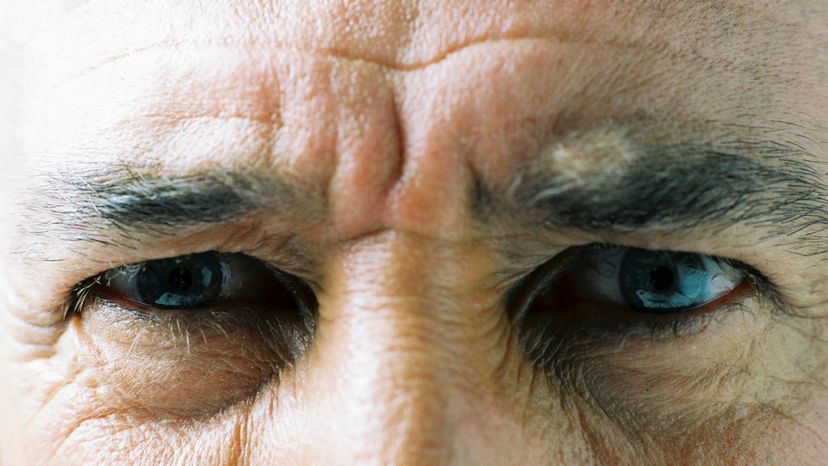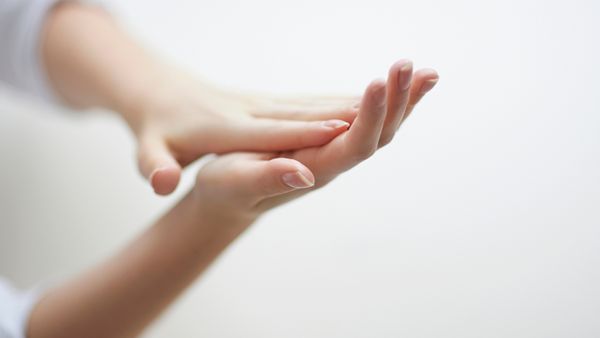The Caribbean Interpretation
In the Caribbean region, the superstitions surrounding eye twitching take on a unique flavor. For instance, if your left eye twitches, it is believed that someone close to you is speaking ill of you or that you are about to receive bad news. On the other hand, if your right eye twitches, it is seen as a positive sign, indicating that someone is speaking well of you or that you are about to hear good news. These superstitions highlight the significance of communication and social dynamics within the Caribbean culture.
Indian Beliefs
In Indian culture, eye twitching superstitions differ based on gender. For men, a twitching right eye is considered auspicious and signifies good luck or a positive event in the near future. However, for women, a twitching right eye is believed to bring bad luck or negative news. Conversely, a twitching left eye is seen as a positive sign for women, indicating good luck, while it is seen as a bad omen for men. These beliefs demonstrate the gender-specific interpretations of eye twitching in Indian culture.
Chinese Traditions
Chinese culture is rich in superstitions and beliefs surrounding eye twitching. The Chinese associate different meanings with the twitching of the left and right eyes. According to Chinese folklore, if your left eye twitches, it is considered good luck, while a twitching right eye is seen as a sign of bad luck. Furthermore, the Chinese Almanac provides additional insights by associating specific time periods with different superstitions. For example, twitching between 11 pm and 1 am may signify an invitation to a party, while twitching between 3 pm and 5 pm may indicate thoughts of love. These intricate interpretations show the deep-rooted belief in the connection between eye twitching and one's destiny in Chinese culture.
African Perspectives
In various parts of Africa, eye twitching superstitions are intertwined with cultural beliefs and customs. For instance, in Cameroon and Nigeria, a twitching upper eyelid of the left eye is believed to indicate the arrival of an unexpected visitor, while a twitching lower eyelid suggests that tears will follow. These superstitions reflect the importance of social interactions and the anticipation of future events within African societies.
Exploring Hawaiian Traditions
The islands of Hawaii have their own unique interpretation of eye twitching superstitions. According to Hawaiian beliefs, a twitching left eye signifies the arrival of a stranger, while a twitching right eye is seen as a precursor to the death of a family member. These beliefs highlight the spiritual connection between eye twitching and the cosmic forces that govern life and death.



